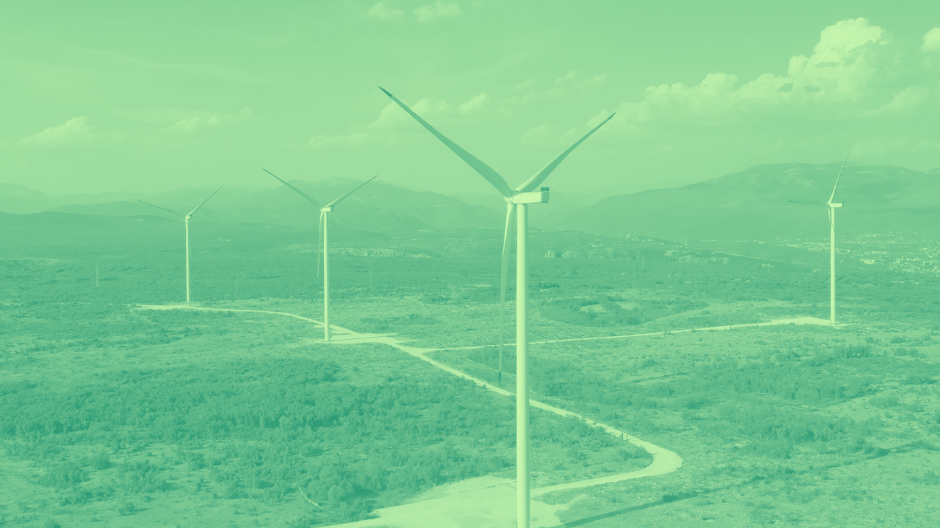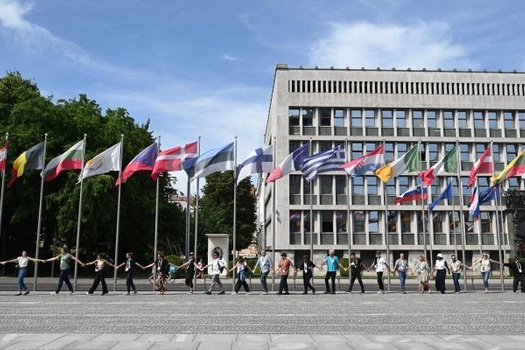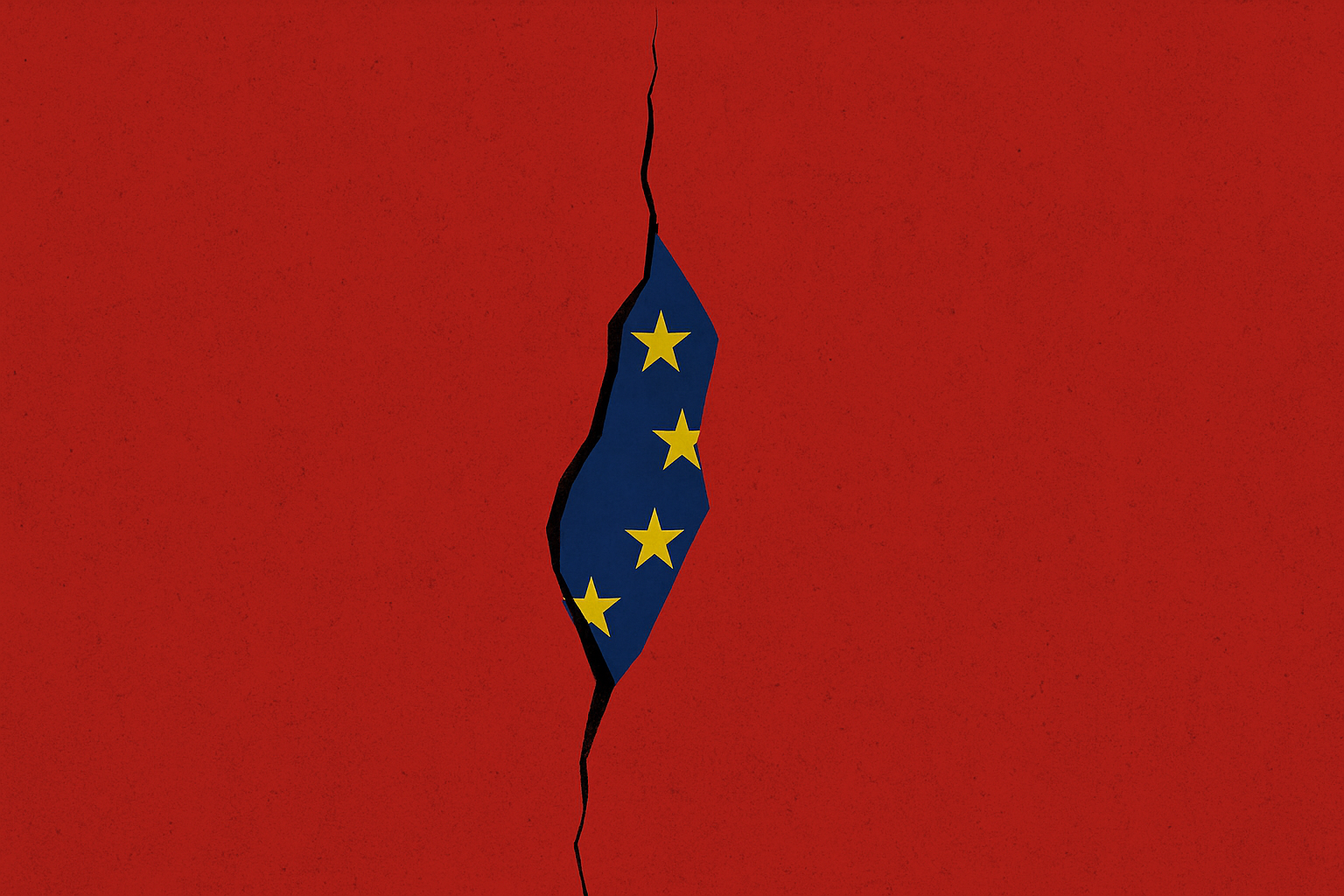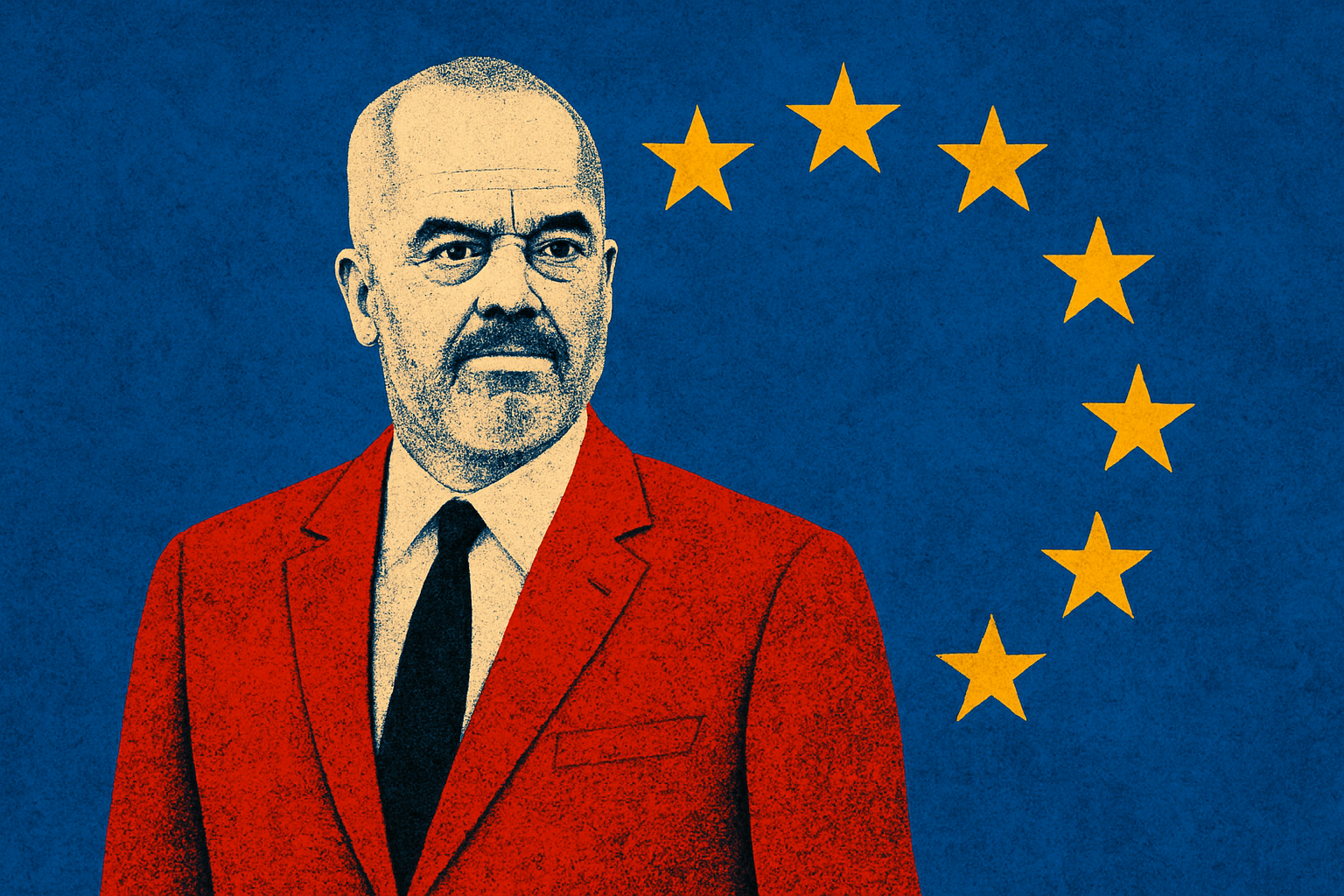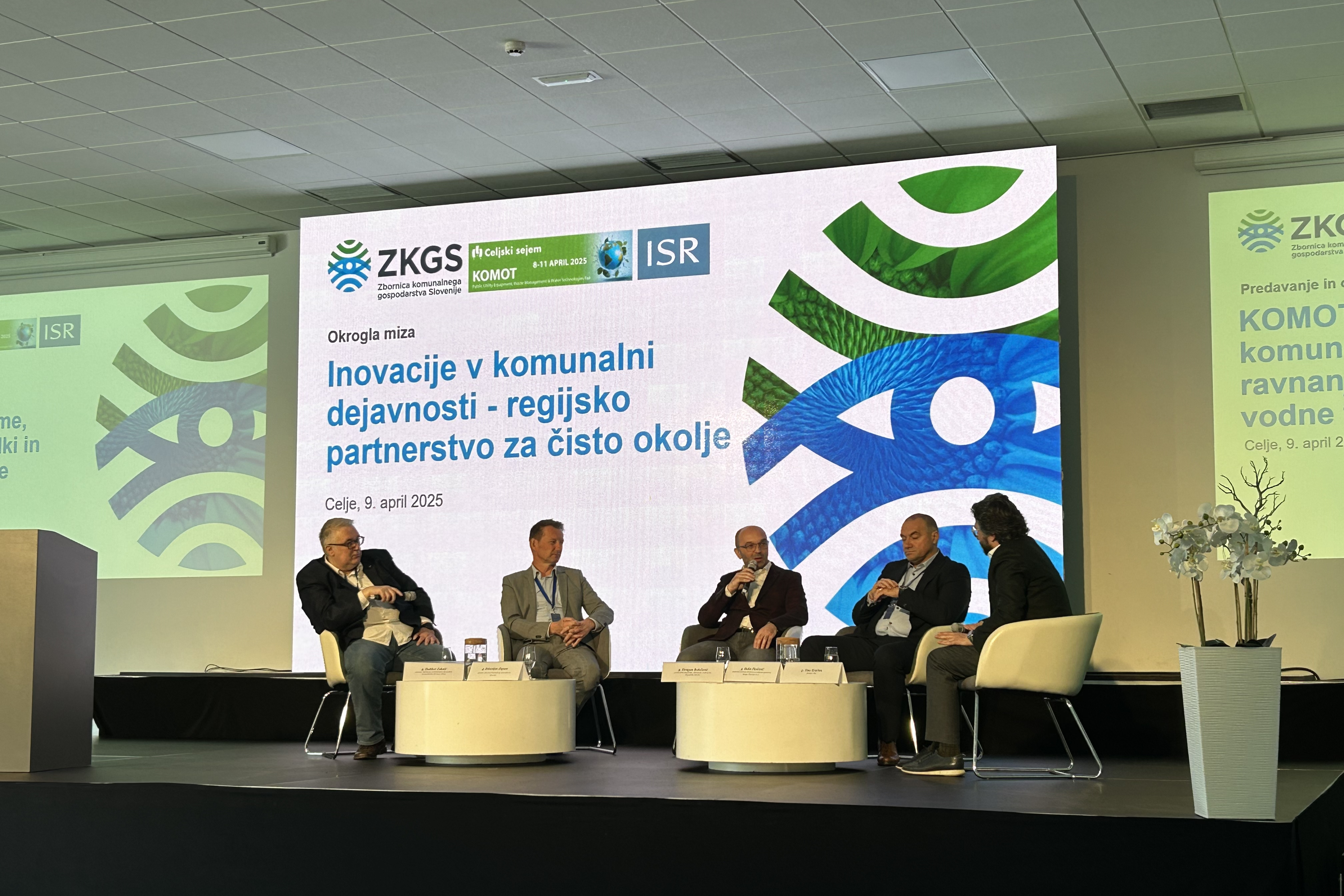The Adriatic in Partnership With Petrol Group
Energy Companies Are Contributing to a Low-Carbon Future
Not only climate change, but also social changes are challenges that have a tremendous impact on the economy, society and the individual. Today’s challenging situation in the energy market puts further pressure on Europe's need to become as energy-self-sufficient as possible. Energy companies, including Petrol, are therefore developing comprehensive energy solutions that enable partners to use less energy, and at the same time increase energy self-sufficiency with the help of renewable energy sources.
A green transition is inevitable despite difficult conditions
Pressure to reduce the carbon footprint, as well as to reduce energy use, extends to all sectors. The big question is how to reduce energy needs? In response, Petrol is developing projects to improve energy efficiency and also ensure sufficient energy supply. They see the solution in increased efficiency in energy management, the use of renewable energy sources and the transition to sustainable mobility.
Electrification of vehicles
Vehicles are changing and the future is leaning increasingly towards electrification. The increase in the number of e-vehicles is noticeable, and an electric charging infrastructure is developing in parallel. At Petrol, they are investing in the development of new transport options, with which they want to help their partners to transition to cost-effective and sustainable mobility. Their transition in the field of mobility ranges from the sale of improved fuels with lower emissions to modern mobility services such as fleet management and progressive electrification. By the year 2025, they are planning to increase their existing 300 electric charging stations in Slovenia, Croatia, Serbia and Montenegro to 1,575 stations.
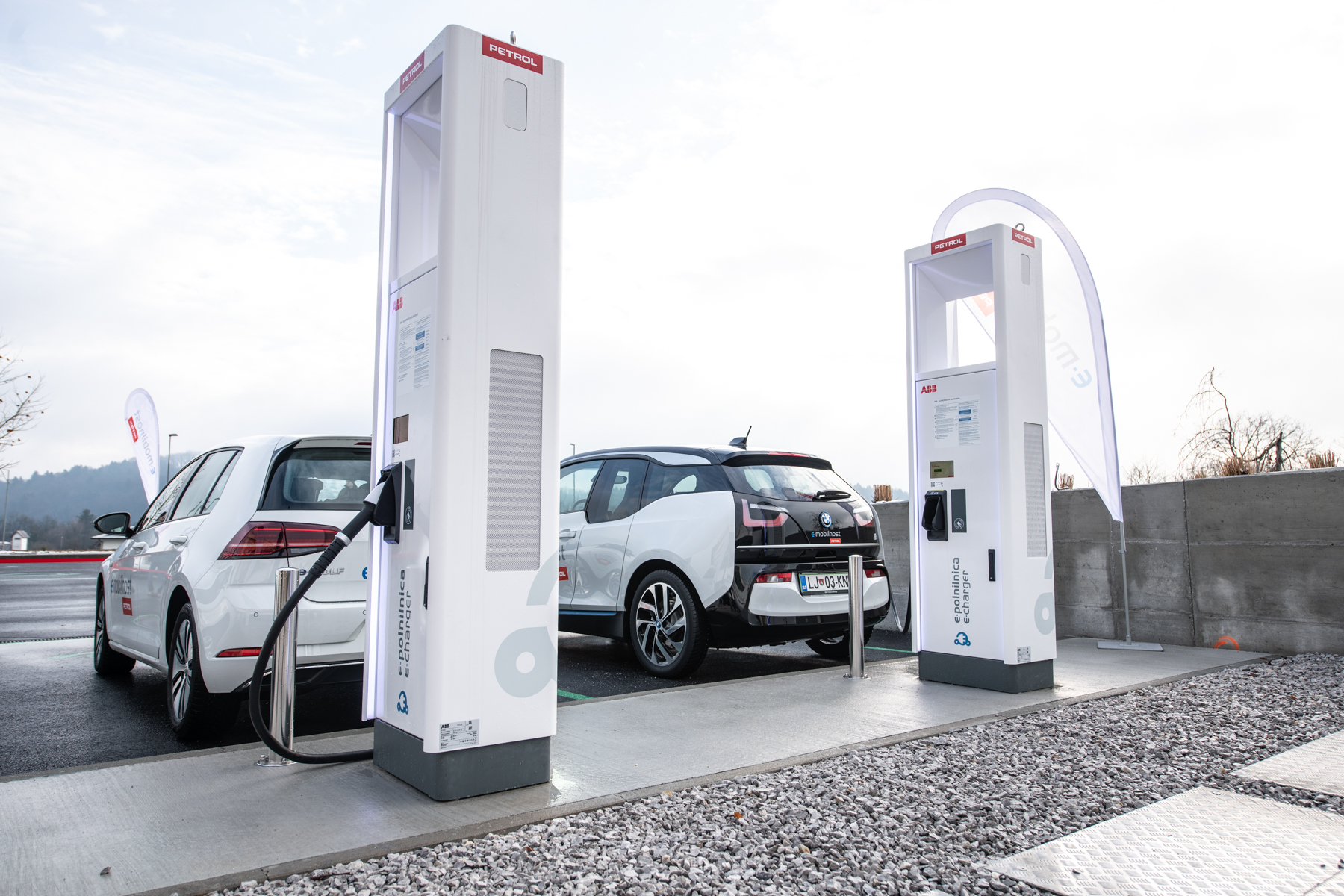
Petrol is developing solutions for the establishment of a smart charging infrastructure that enables the charging of e-vehicles in various locations – at home, in city centre’s, at work, and on the road, both in Slovenia and abroad. They will also take responsibility for a coordinated and combined operation incorporating infrastructure, user support and maintenance.
The source of energy is important
Petrol’s filling stations provide electricity from renewable energy sources and thus work towards a sustainably oriented energy company. Along with their many solar power plants, their second wind farm in the region has just been officially opened. Nine wind turbines in Ljubač will produce around 96 GWh of sustainable electricity per year, which is enough for 30,000 average households. At the same time, they have started the construction of three independent solar power plants in the Knin area in Croatia, which are expected to start production in early 2023. The total installed capacity of the three solar plants is 22 MW, with an expected annual electricity production of 29 GWh.
They improve energy efficiency through partnerships
In addition to the production of electricity from renewable sources, which significantly contributes to greater energy self-sufficiency, Petrol is also working intensively on developing energy efficiency partnership projects.
They are offering cities and local communities the solutions to reduce energy use through a multi-product approach and energy management to achieve savings. They are helping the industrial sector to move towards a greener future through measures to increase energy efficiency; a stable and cost-effective energy supply; the construction of energy self-sufficiency infrastructure and the introduction of hydrogen technologies.
Solar power plants are an important part of their comprehensive energy solutions. Recently, they helped Cinkarna Celje in establishing a solar power plant with a total rated power of 1 MW. The projected annual electricity production is 1,160 MWh, which will be enough for approximately 330 average households. At the same time, this energy solution reduces CO2 emissions by 568 t / year, which is equivalent to the amount of CO2 absorbed annually by about 10,780 trees.
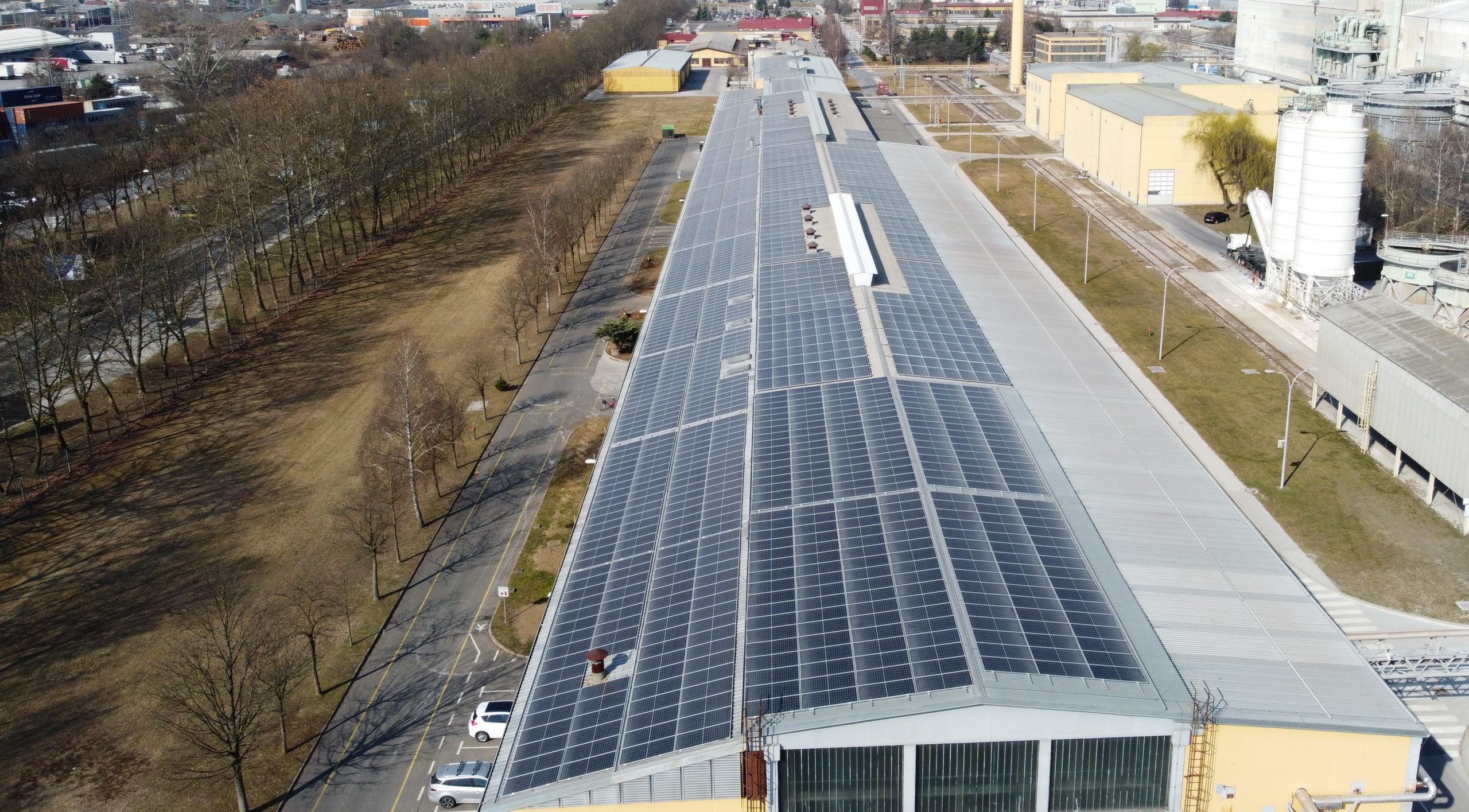
WALK THE TALK: THE FIRST REGIONAL NET-0 EVENTHow can organisations contribute proactively to carbon neutrality?
In September 2022, the Institute for Strategic Solutions (ISR) is planning a NET-0 EVENT business forum. It will focus on the most crucial issue of our times – climate change. We will discuss ways in which both companies and individuals can mitigate the effects of climate change and reduce greenhouse gas emissions. The purpose of the event is to bring together key representatives from companies, politics, NGOs, and international agencies, together with innovators of breakthrough solutions and the financial community in a combined effort to try and find solutions to this serious and impending crisis.
Only by working together, can we succeed.
All relevant stakeholders agree that carbon neutrality and net-zero emissions are our key goals for the future. However, sectoral strategies vary, and seldom address the whole problem by failure to adequately align supply chains to their stategy, and by omitting to include the problems of transition – both of which are significant challenges. Therefore, we will aim to highlight these issues, through a series of articles from different platforms, prior to the business forum. Our obective is to equip readers with access to new ideas, good practice and integrated processes that are environmentally responsible and proactive in their quest for a positive future with net-zero emissions by 2050.

